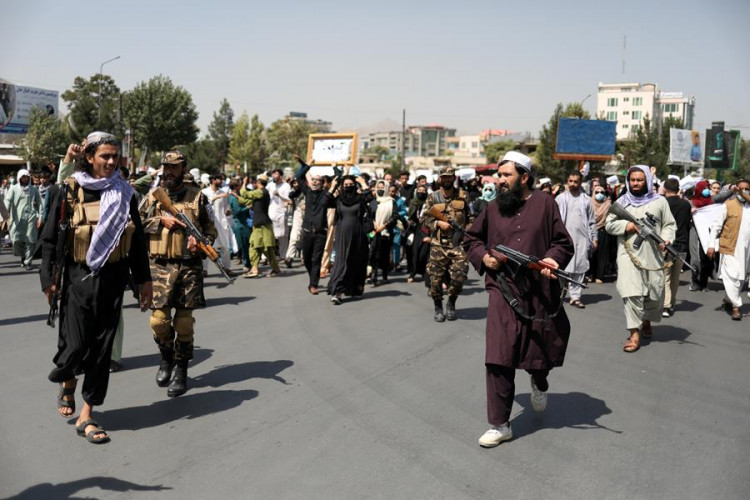China, as it turns out, is backing the Taliban's interim government in Afghanistan, revealing on Wednesday that it is sending $31 million worth of aid to the war-torn country now run by an insurgent group.
The announcement was made by Foreign Minister Wang Yi at a meeting that was convened by Pakistan, saying China will provide the nation with 200 million yuan worth of winter supplies, grains, vaccines and medicines.
Coming under fire after the decision to aid the interim government established in Afghanistan, the Chinese government was quick to defend its decision, saying it is needed for the restoration and order and in ending anarchy in the country.
Also present during the meeting where the momentous announcement was made were the foreign ministers of Iran, Tajikistan, Turkmenistan and Uzbekistan, all of which are neighbor countries of Afghanistan. It was hosted by Pakistan Foreign Minister Shah Mahmood Qureshi.
As for some specifics of the aid, Wang stated that his country has decided to allot 3 million doses of vaccine as donation for the Afghan people and that is just for the first batch.
Moreover, the Asian giant, through the China-South Asian Countries Emergency Supplies Reserves, is also prepared to provide more emergency supplies as well as anti-epidemic kits for the Afghans to help them combat the effects of the ongoing COVID-19 crisis.
Meanwhile, speaking about the interim government of Taliban, U.S. Secretary of State Antony Blinken shared his observation on the matter, saying that some of the power players there have challenging track records.
For instance, Sirajuddin Haqqani, the newly appointed interior minister of that interim government, is wanted by the U.S. Federal Bureau of Investigation and the amount of aid that will be given by China is three times bigger than the reward offered by the FBI for his arrest.
Moreover, also appointed in the same government are four Guantanamo Bay alumni.
Regardless, notwithstanding their different perspective on the matter, superpowers China and U.S. are now forced to deal with the effects of a refugee crisis emanating from Afghanistan.
The two countries though, have different takes on how to possibly avert such daunting and unfortunate crisis.






